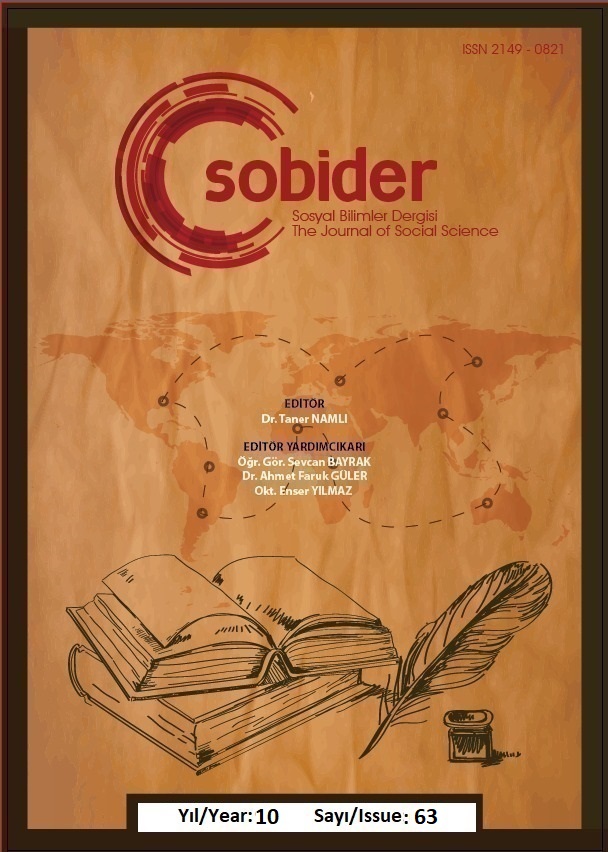Author :
Abstract
Bu çalışmada yargılama usûlünün temel ilkelerine ve hâkimlerin hüküm verirken dikkat etmeleri gereken temel kaidelere değinilecek ve yargılama usûlü ile ilgili olarak bir hâkimin öfkeli bir durumda iken hüküm veremeyeceğini belirten bir hadisin incelemesi yapılacaktır. Hadisin senedi tahlil edilerek râvîlerinin sıhhat durumu ortaya konulmaya çalışılacaktır. Meşhur muhaddislerin hadislerin durumu hakkında yaptıkları değerlendirmelere de yer verilecektir. Hadiste geçen hâkimin öfkeli iken hüküm vermesi durumunda hükmün geçerli olup olmayacağı, öfkeli halde hüküm vermenin hükmü nasıl etkileyeceği ve bu durumun başka hangi durumlara sebep olabileceği hakkında bilgi verilecektir. Bazı şârih ve fakîhlerin konuyu hangi açıdan incelediklerine de değinilecektir.
Keywords
Abstract
In this study, a hadith that states that a judge cannot make a judgment when he is in an angry state will be examined regarding the trial procedure. The basic principles of the trial procedure and the basic rules that judges should pay attention to while giving their verdicts will be mentioned. The soundness of the narrators will be determined by analyzing the hadith. The evaluations of the famous hadiths about the status of hadiths will also be included. In the hadith, information will be given about whether the verdict will be valid if the judge makes a judgment while angry, how the judgment in anger will affect the judgment and what other situations this situation can be generalized to. It will be also be given from which point of view some commentators and jurists have examined the subject.





